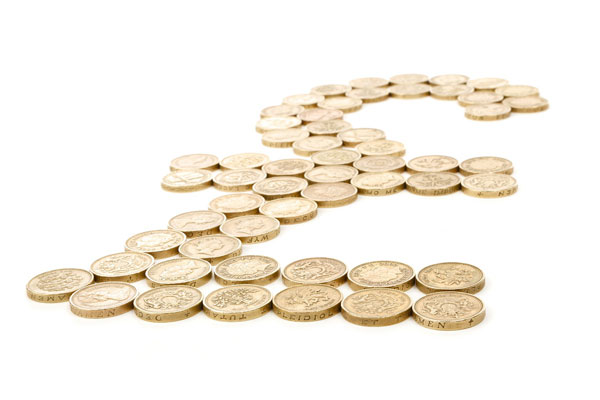New research from IPSE (the Association of Independent Professionals and the Self Employed) has found that freelancers’ confidence in the UK economy for the next 12 months has fallen from -27.4 in Q1 2022 to -56.7 this quarter.
This represents the lowest level of freelancer confidence in the economy since the early days of the pandemic in Q1 2020.
The index also found that freelancers’ confidence in their own businesses for the next three months has decreased from 2.2 in Q1 2022 to -11.4 this quarter, the lowest recorded level for these indices since Q1 2021.
Freelancer challenges
When analysing the reasons behind the recent fall in freelancer confidence, the IPSE found that the state of the UK economy (77.8%) was the most detrimental factor impacting self-employed workers.
This is due to the cost of the living crisis, the war in Ukraine, Brexit as well as rising energy and goods prices.
The other main issues impacting self-employed workers last quarter was government tax policy relating to freelancing (69.8%) such as IR35 and government regulation relating to hiring freelancers (65.1%).
Commenting on the findings, Derek Cribb, CEO of IPSE, said: “After an uplift in freelancer confidence last quarter, reality has unfortunately set back into the UK’s self-employed.
“Thankfully there are signs that the government is already listening to our calls for a fairer taxation system for the self-employed. The frontrunner for Number 10, Liz Truss, has committed to announcing a review into IR35 – the flawed reform to off-payroll work. At IPSE, we welcome her announcement, and we hope that she follows through on her word, if she is successful in her bid to become Prime Minister.”
Additional findings
1) Day rates and quarterly pay
The index also analysed the changes in day rates, quarterly pay and work for freelancers over the past quarter.
It found that day rates have increased from £516 in Q1 2022 to £528 this quarter. This has largely been driven by SOC3 associate professional and technical freelancers, who saw an increase in day rates from £308 in Q1 to £420 in Q2 2022.
With inflation now projected to reach 18% by early 2023, freelancers expect their day rates to increase by an average of 8.6% over the next 12 months.
The index found that freelancers are working more than ever. Freelancers’ spare capacity has fallen from 3.2 weeks without work per quarter in Q1 2022 to 2.8 weeks this quarter. Alongside increases in day rates, this has meant that quarterly pay has increased to an average of £27,486 in Q2 2022.
2) Rising debt and costs
The report found that the majority of freelancers (83%) now expect their business costs to increase over the next 12 months. Moreover, almost two-fifths of freelancers (37%) are now incurring business debt, with 15% incurring debt via credit cards issued in the name of their self-employed business.















